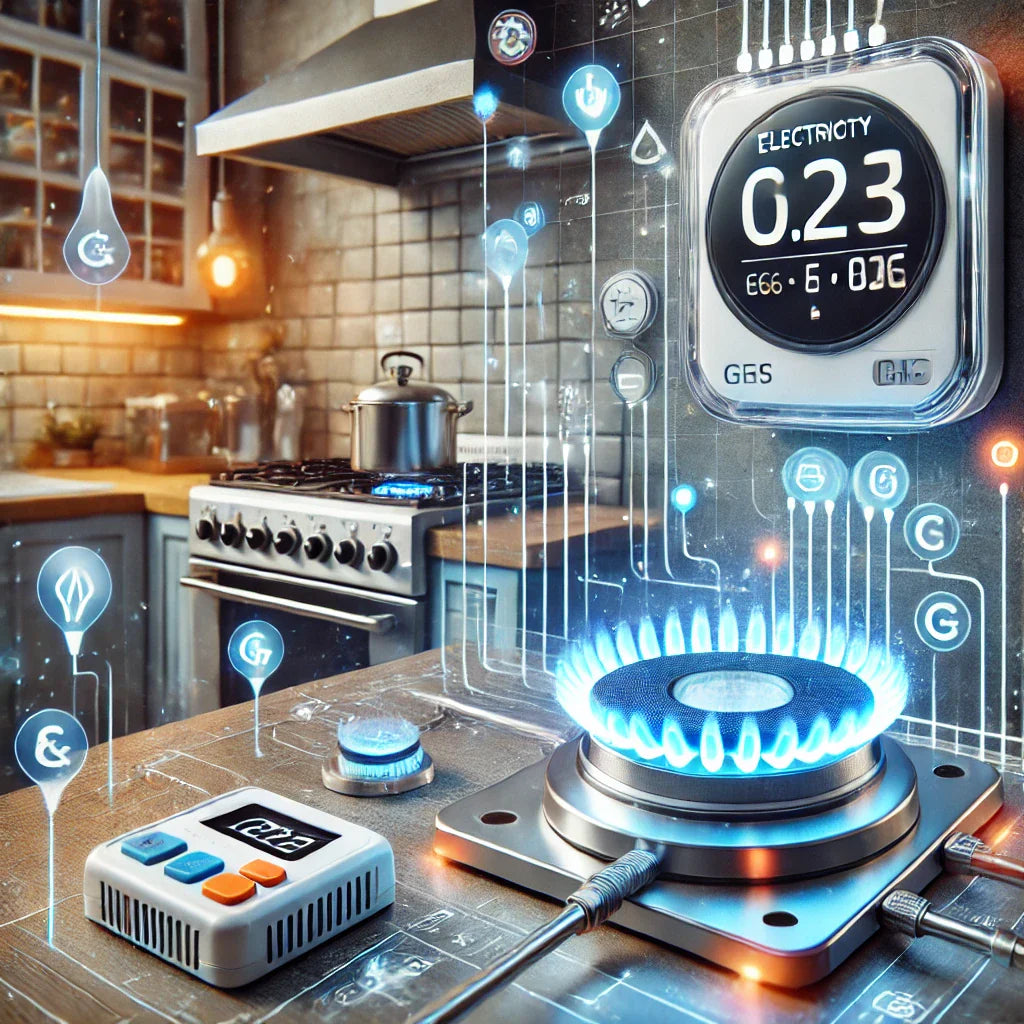
Unveiling the Hidden Costs: How Much Electricity Do You Really Use in Gas Consumption Each Month?
Managing household energy expenses requires a clear understanding of how electricity and gas consumption impact your monthly bills. While many focus solely on direct costs, hidden factors can significantly contribute to energy expenditures. In this blog, we explore the intricacies of energy usage, hidden costs, and practical ways to optimize consumption.
Understanding Electricity and Gas Consumption
Electricity and gas are two essential resources powering homes and businesses. Electricity is commonly used for lighting, appliances, and heating, while gas fuels stoves, water heaters, and central heating systems. The way these energy sources are consumed varies based on factors such as efficiency, appliance type, and household habits.
Factors Affecting Electricity and Gas Usage
Several factors influence the amount of electricity and gas a household consumes, including:
-
Appliance Efficiency: Older, less efficient appliances consume more energy.
-
Usage Habits: Leaving lights on or running heating systems unnecessarily increases costs.
-
Insulation and Home Design: Poor insulation leads to greater energy loss.
-
Seasonal Changes: Cold winters demand more heating, while hot summers increase air conditioning use.
Calculating Your Electricity and Gas Consumption
Understanding your energy consumption involves:
-
Checking Your Utility Bills: Review monthly usage and trends.
-
Using Smart Meters: These devices provide real-time data on consumption.
-
Manual Calculation: Multiply appliance wattage by hours used per day.
-
Online Energy Calculators: Tools help estimate usage based on household size and habits.
Hidden Costs of Electricity and Gas Consumption
Beyond the obvious expenses, hidden costs include:
-
Phantom Loads: Appliances left plugged in still draw power.
-
Inefficient Systems: Old HVAC units and water heaters consume excessive energy.
-
Maintenance Costs: Poorly maintained systems use more energy and require frequent repairs.
-
Peak Hour Pricing: Electricity costs fluctuate based on demand periods.
Energy-Saving Tips for Reducing Electricity and Gas Usage
-
Upgrade to Energy-Efficient Appliances: Look for ENERGY STAR-rated products.
-
Use Smart Thermostats: Optimize heating and cooling schedules.
-
Unplug Unused Devices: Reduce phantom energy consumption.
-
Improve Home Insulation: Seal windows and doors to prevent heat loss.
-
Adopt Renewable Energy Solutions: Solar panels can offset electricity costs.
Monitoring and Analyzing Your Energy Consumption
To maintain lower energy bills, consider:
-
Using Smart Energy Monitors: Track real-time electricity and gas usage.
-
Reviewing Monthly Trends: Identify patterns and high-consumption periods.
-
Setting Energy Goals: Establish targets for reducing consumption.
Impact of High Electricity and Gas Consumption on the Environment
Excessive energy consumption contributes to:
-
Higher Carbon Emissions: Increased demand for fossil fuels leads to pollution.
-
Resource Depletion: Overuse of natural gas accelerates depletion rates.
-
Climate Change: Greenhouse gases from energy production impact global temperatures.
Comparing Energy-Efficient Appliances and Their Benefits
Investing in energy-efficient appliances offers:
-
Lower Utility Bills: Reduced electricity and gas usage.
-
Extended Lifespan: Durable, high-quality construction.
-
Environmental Benefits: Reduced carbon footprint.
Professional Energy Audits for Accurate Consumption Data
A professional energy audit helps:
-
Identify Inefficiencies: Detects areas of excessive energy use.
-
Provide Cost-Saving Solutions: Recommendations for reducing expenses.
-
Enhance Home Efficiency: Improves overall energy performance.
Conclusion: Managing and Optimizing Your Electricity and Gas Consumption
Understanding electricity and gas consumption is essential for controlling costs and minimizing environmental impact. By implementing energy-efficient practices, monitoring usage, and considering professional audits, you can significantly reduce hidden energy expenses. Taking proactive steps today ensures a more sustainable and cost-effective future for your household.